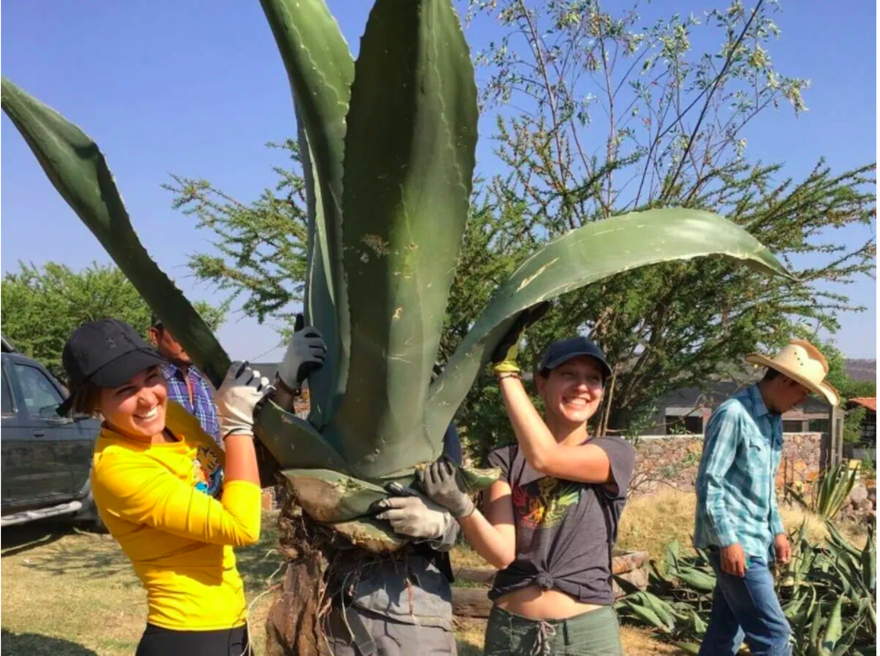How can I save the planet?

Without trying to be a bit of a know-it-all here, the planet really does not need us to be saved. The planet is the molten rock with a thin peel around. This planet will be around until the sun explodes. That will take another 4.6 billion years.
The question is, however, understandable because we all realise that planet Earth is our home, and we all know what the overwhelming majority of sane scientists are telling us: our planet’s Climate is overheating, its biodiversity is decreasing rapidly, its surfaces and ecosystems are being swamped in plastics and pollutants, and we are changing the chemistry of our oceans and soils through bombarding them with nitrogens and chemicals. The result is not so much a problem for the planet (it’s been through worse, actually), but for the species that live on it, including the current dominant species – Homo Sapiens.
That is us, humanity. The question should really be: How can I save Humanity? It’s unethical, in my view, to say: let’s not save humanity in favour of whatever new nature will evolve after our demise. It’s unethical towards those that are born into this world who can no longer make that choice after we let go of our responsibility to protect ourselves by taking care of our home which feeds us, provides us with shelter, and keeps us comfortable.
So how can I save Humanity? This is a great question, and if you have arrived on this website you will find an important part of the answer in the pages that fill it. People from around the world are gathering at Ecosystem Restoration Camps to repair what humanity has broken already, or is breaking. The Mighty Movement we are shaping here is actively restoring degraded ecosystems (the web of life that must not break if we want to save Humanity), and introducing ways to live in healthy and abundant ecosystems that can last. We do this, because rich ecosystems were the reason we are able to exist in the first place at all. We emerged because the ecosystem was made up of a diverse range of species, the climate was relatively stable, and the levels of pollution were non-existent. We still can see that wealth in abundant coral reefs, noisy and thick rainforests, the wonderful variety of and enormous natural herds in the savannahs or in the number of insects in a flowery meadow.
What we have, however, done is turn these rich systems into deserts by removing all that is natural and turning them into vast deserts of just one species (soy, grain, rice, cattle). That seemed smart at the time, until we figured out that we are inextricably linked to an abundant and diverse ecosystem. We only figured that out recently. We also figured out recently that our ecosystem is on the verge of collapse, maybe even within decades. So if we want to save humanity, let’s work hard and fast to have our planetary ecosystem become diverse again. Let’s return abundance and biodiversity! Let’s remove the deserts we created (some over thousands of years) and replace them with rich natural areas, and diverse agricultural enterprises worldwide. If we do this now, we can survive and live very well even with all the billions of us that are alive today and will be alive in the future. Yes, if we repair our planet – which we can do – we will be very well off. There will be plenty for us to eat and use in our economies. Major challenges still exist as our economy will in time have to be bio-based. But we’ll figure that out. Let’s first give ourselves the hundreds of years of innovation we need to figure out how to still build phones, cars and houses only using bio-based materials. If we don’t repair our damaged ecosystems now, those hundreds of years will not be ours to use!
So how do you, one small individual, do that?
Seven actions you can take today
1) If you own land, make it diverse. Make it a sport to have as many species on it as possible. Rewild!
2) If you are a farmer, introduce one of the many regenerative agro-ecological practices that have been developed over the past decades. And give nature a home on parts of your land too! If you can join up with your neighbouring farmers in that mission, you can join Ecosystem Restoration Camps too, and receive a lot of help
3) If you do not own land, but have a balcony or roof, make it green using a large variety of plants. Use some that can feed you too! Insects and birds will love you for it.
4) Ask your local government to do the same with streets and public spaces. Offer to help if they say yes to that idea. Perhaps even start an Ecosystem Restoration Camp with your local government.
5) If this is too much for you right now (busy in your job, taking care of small children, we understand this) then when you do have time, join in the work of the fast growing, global movement of Ecosystem Restoration Camps. All camps will welcome you with open arms to come and help them physically.
6) Learn more about ecosystem restoration by joining the self-paced course that gives you practical tools for understanding and restoring the nature around you.
7) And, if you can, choose products from farms that work regeneratively.
You can join the Ecosystem Restoration course anytime and learn in your own pace! Choose from any of the modules catered to different ecosystems and biomes. More info here.
This blog post was originally published at Ecosystem restoration camps page by Peter Van der Gaag.


0 comments
Leave a comment